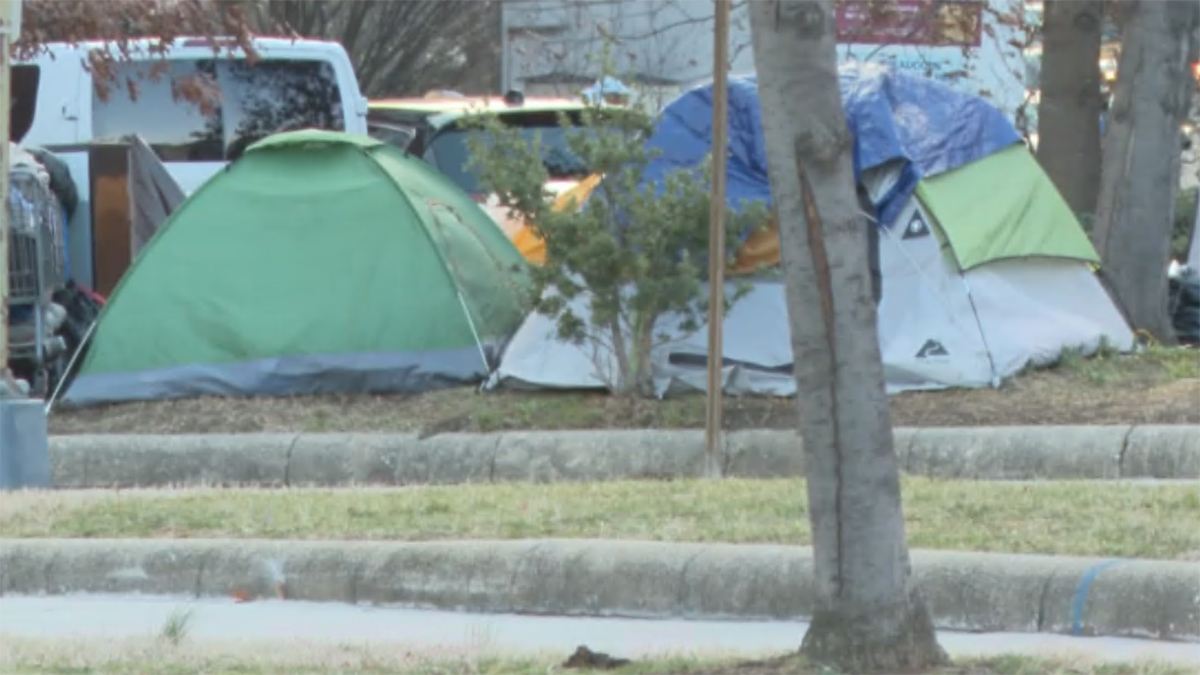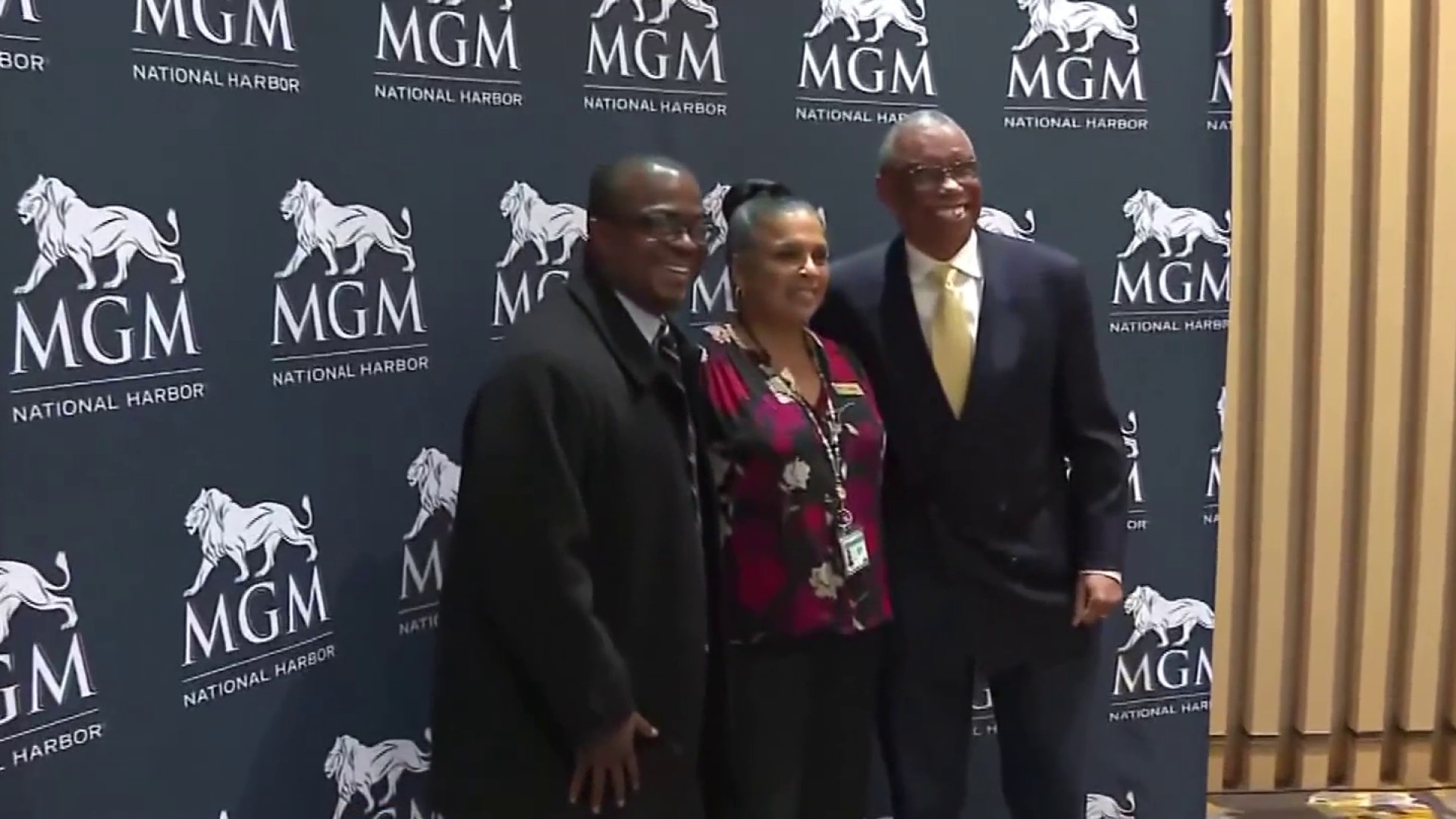While many federal workers furloughed during the shutdown are wondering how they will pay their bills, the federal government says it will only pay part of its water bill.
The U.S. Department of the Treasury said in an email to DC Water that it was short $6 million due to the shutdown.
"So, of the approximately 16-and-a-half million dollars that we anticipated to receive, we will only receive 10-and-a-half million dollars," Matthew Brown, chief financial officer at DC Water, said during a board meeting on Jan. 3.
With its thousands of sinks and toilets, the federal government is DC Water's biggest customer.
Hearing that the feds weren't going to pay a large chunk of the bill prompted some light-hearted humor during the water authority's board meeting.
"Is there a time from non-payment when we cut someone’s water off? Not trying to make news today," said Tommy Wells, chairman of DC Water's Board of Directors.
"Sixteen-hundred Pennsylvania Avenue? Is that what you're talking about?" another board member responded jokingly.
Local
Washington, D.C., Maryland and Virginia local news, events and information
Wells told News4 DC Water is not seriously considering leaving the federal government high and dry.
"The truth is is that the federal government's good for it. It's not putting DC Water at risk," Wells said.
While the water authority won't shut off the water, board members did raise questions about charging the government a late fee similar to the 10 percent fee residents and businesses would pay if they are 30 days late on their bills.
DC Water has never previously charged the federal or D.C. governments with a late fee.
"These companies and businesses and government can get off on certain things, but when it comes to us people - like you said with the late fee - we’re gonna have to pay that. You one day late and you have to pay," Maryland resident Talla Davis told News4.
A spokesperson for DC Water told News4 it has not yet made a decision to whether to charge the federal government late fees.
DC Water says it will not affect its finances unless the feds get behind by $20 million or more.



